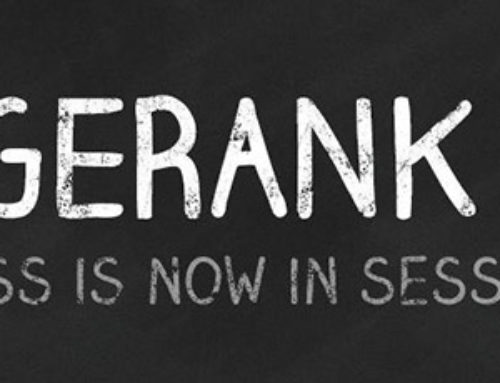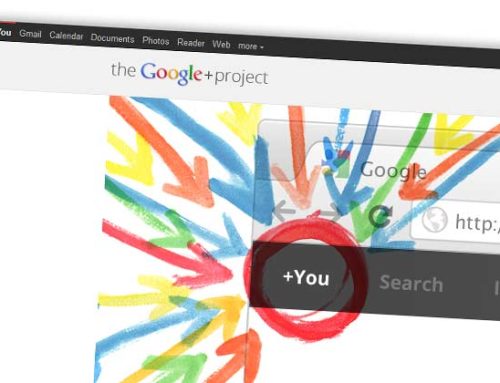Below are the most important (7) questions in all of social media that really matter. Of course, they’re pretty big questions. But if you can answer them to the fullest, then the answers to many of your minor questions fall into place.
1. Who am I speaking to?
And don’t just say “potential customers.” That’s a dodge and you know it. Get specific. Think about who you’re trying to reach in terms of both demographics (age, location, income, etc.) and psychographics (what do they believe? what do they like? what are they worried about?). And remember that the latter often tells you more than the former. Unless you really know, on an intimate level, who are you’re speaking to, everything else you’re doing is essentially guesswork, because audience knowledge informs your answer to every one of the remaining questions.
2. What do they want from me online?
The temptation is often to focus on what you want from your customers — and we’ll get to that — but you’re setting yourself up for disaster if you focus on yourself first. Because before anyone is going to do what you want, you have to give them a reason to care about you first. All businesses, nonprofits and institutions exist to serve a function. You do something that people want or need — or you go away. So what function do you serve for these people within a social media context? You can start with a grand mission statement if you want, but then you’ll need to whittle it down to a social-media-specific context if you want to be successful. Maybe you run a restaurant and your function is feed people. That’s great. What do people want from you online? The way you answer this question depends largely on how you answered the first one. Steelers fans will want something different from the Twitter feed of their favorite sports bar than what dedicated foodies will expect from the Facebook page of an organic, local cafe.
3. What do I want them to do online?
Don’t just say “spend money.” Think of a specific “goal action: that you want your fans to take. It should be simple and easy for your fans to perform in the moment. It can be something that involves a financial transaction right now or it could be something that enables a transaction down the road, such as getting them to give you their e-mail address so you can put them into your lead generation system. Your goal action will be guided by the kind of organization you have and what kinds of fans you have. What’s the simplest thing someone can do to help you? What can you reasonably expect your fans to do, given what you know about them?
4. How can I align those actions?
Some people find this aspect of social media frustrating. They don’t see how blogging about your industry is going to drive leads for a b-to-b company or how offering customer service via Twitter will get people to come to their new downtown store. You need to find ways to tie what your customers want to what you want. Sometimes that involves denying fans the thing they want until after they’ve done what you want — like asking readers of your blog for their e-mail before letting them download your white paper. Sometimes that means working what you want into the conversation, by mixing promotion and informational tweets together on your feed. It could even be done afterward, such as by giving targeted special offers to certain customers after a successful customer service resolution. Just make sure you’re tying them together somehow.
5. How will I know if it’s working?
When people get frustrated, throw up their hands and say there’s no return on investment in social media, it’s often because they haven’t made their actions trackable. If you’re asking for e-mail addresses, use a campaign code on the submission form. If you’re handing out offers, give them a coupon or a code phrase to say when redeeming the offer. If you’re asking people to talk about you online, get them to use a hashtag so you can easily count the mentions. Whatever it is you’re asking for, find a way to keep track of how often its happening after people have engaged your social media presence.
6. How will I keep the ball rolling?
Social media efforts should be built to last. Even if you’re promoting a temporary deal or a one-time event, your actions should be part of a larger campaign and an enduring presence. Campaigns should be built to be repeated, extended or transformed ad infinitum. Otherwise, you’re discarding relationships — and all the business value that comes with them.
7. How will this evolve?
Don’t design a Twitter strategy or a Facebook strategy. Platforms sometimes die out, but more often than not they evolve. Don’t set your social media strategy in stone and then walk away. Instead of thinking about platforms, think about functions and design your social media strategy around those roles. If you’ve grounded your social media plans in the first six questions, it should be easy for you to remain flexible and adapt to fit new market conditions.
That’s it. Those are the questions that matter. Everything else is guesswork.




